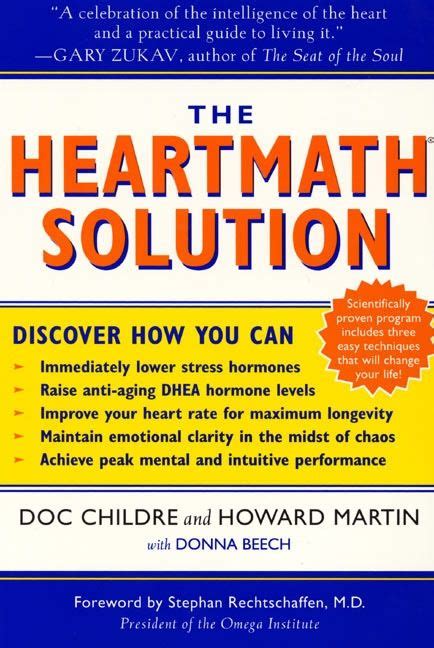A Quote by Pam Allyn
Children live in a way that is very generous. They learn from a young age what you value; they watch your every move. If you value writing, they will learn quickly to value it too, as something they can give to someone, or receive with pleasure from someone else.
Related Quotes
A young person, or someone who's writing in a different way - in some ways you could say, eventually someone will find them. Eventually someone will hear them. But it's good a lot of young people persevere. Because sometimes you have to send something out a thousand times before anyone recognizes your value.
Loving someone has great benefits. There is admiration, learning, attraction and something which, for the want of a better word, we call happiness. In loving someone, we become inspired to better ourselves in every way. We learn the true worthlessness of material things. We celebrate being human. Loving is good for the soul... You will also find that it is no great tragedy if your love is not reciprocated. You are not doing it to be loved back. Its value is to inspire you.
Generally, appreciation means some blend of thankfulness, admiration, approval, and gratitude. In the financial world, something that "appreciates" grows in value. With the power tool of appreciation, you get the benefit of both perspectives: as you learn to be consistently thankful and approving, your life will grow in value.
Value in relation to price, not price alone, must determine your investment decisions. If you look to Mr Market as a creator of investment opportunities (where price departs from underlying value), you have the makings of a value investor. If you insist on looking to Mr Market for investment guidance however, you are probably best advised to hire someone else to manage your money.
Water is two parts hydrogen and one part oxygen. What if someone says, “Well, that’s not how I choose to think about water.”? All we can do is appeal to scientific values. And if he doesn’t share those values, the conversation is over. If someone doesn’t value evidence, what evidence are you going to provide to prove they should value it? If someone doesn’t value logic, what logical argument could you provide to show the importance of logic?

































